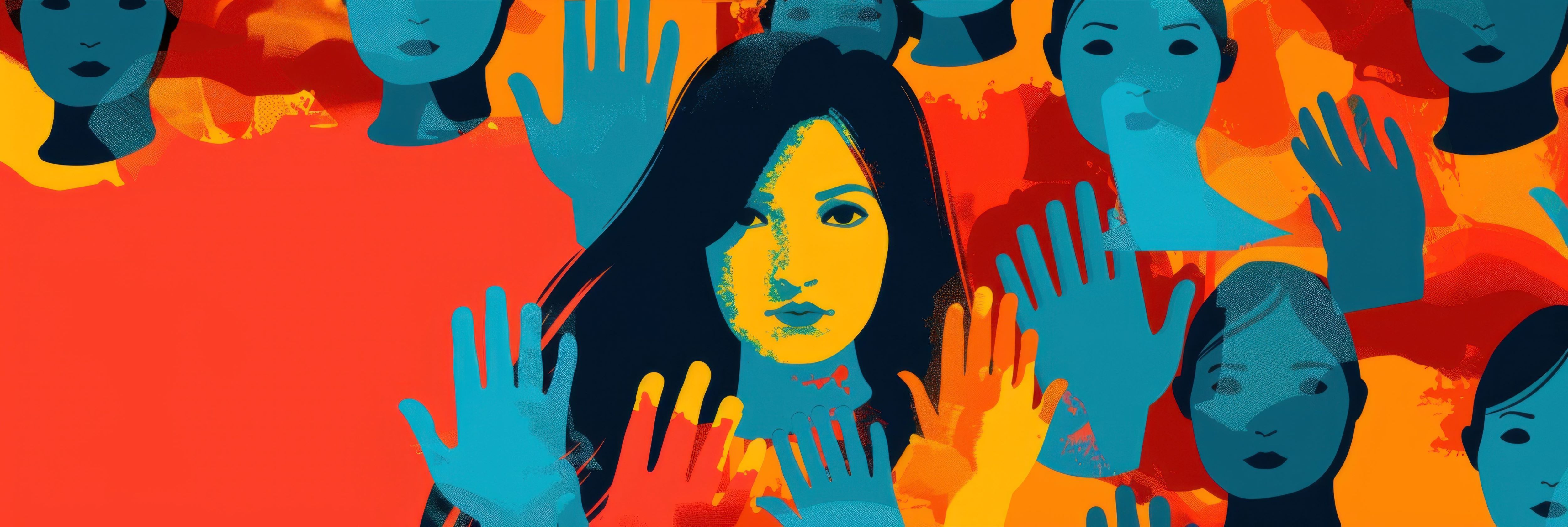Transnational Policy Responses: Gender-Based Violence and Women and Girls with Disabilities

Background
Women and girls with disabilities globally are more likely to experience violence, and more types of violence, than women and girls without disabilities. The forms of violence they experience include sexual, physical, financial, and psychological violence, reproductive control, as well as deliberate neglect, medical control, and institutional abuse. Experiences of violence are unique and heightened for women and girls with disabilities who are further marginalized and made invisible by systems of oppression, such as Indigenous, Black, and racialized women with disabilities, women with lived experiences of institutionalization, and women who live with poverty.
Testimonies of diverse women and girls with disabilities illustrate that they recognize, survive, and resist the forms of violence in their lives. Many women with disabilities have shared their stories of abuse and trauma to not only expose the systemic nature of violence, but also to highlight the skills and knowledges that they developed to survive and thrive. Very little academic research exists on the ways in which diverse women and girls with disabilities survive and resist the different forms of violence in their lives and this research will address this gap.
Project
The Engendering Disability Inclusive Development (EDID-GHDI) partnership (2020-2027) brings together researchers, decision-makers and civil society organizations from Haiti, South Africa, Vietnam, Canada, the United Kingdom, the United States, Uganda, Australia, and Malta. EDID-GHDI aims to: a) uncover, create, and share knowledge about women and girls’ struggles for and progress toward disability-inclusive development, and ask how women and girls with disabilities contribute to discussions of rights and justice; and b) engender disability-inclusive development policies to remove barriers and enable inclusion and participation.
As part of the EDID-GHDI partnership, this collaborative and community-engaged research project will identify common threads in the experiences of violence and resistance for women and girls in the 4 country studies. The study will identify transnational efforts related to resistance and building skills and knowledge.
Research Team
- Karen Soldatić, CERC Health Equity & Community Wellbeing, Toronto Metropolitan University, ON, Canada, Co-Lead
- Bonnie Brayton, DisAbled Women's Network of Canada (DAWN Canada), Co-Lead
- Valérie Grand’Maison, University of Guelph
Period
- 2020-2027